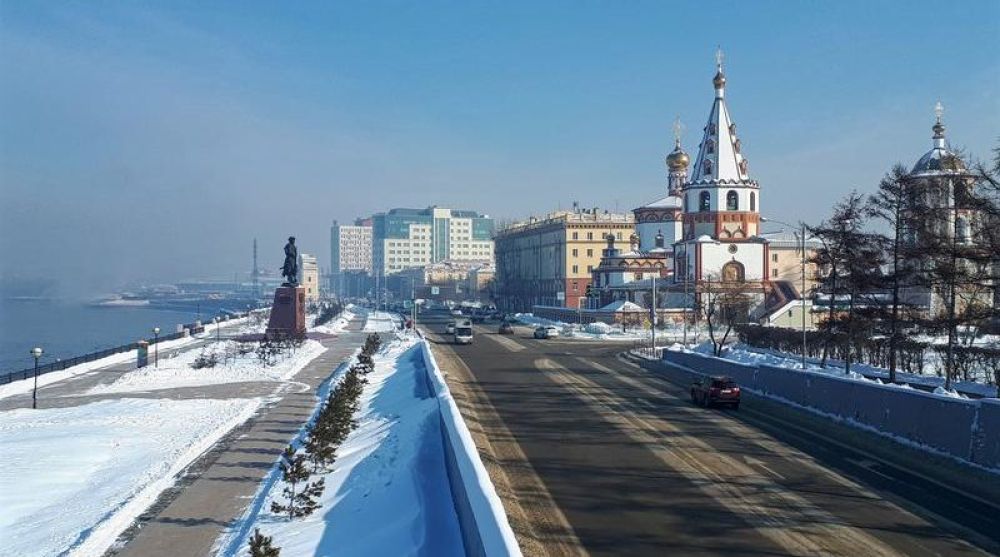

Historically, Irkutsk emerged as a small settlement in the 17th century and has since developed into a major city in Eastern Siberia. Tourism in Irkutsk can trace its origins back to the days of the Russian Empire when it became a popular stopover point for explorers, merchants, and exiled political figures en route to other parts of Siberia or the Russian Far East. The construction of the Trans-Siberian Railway at the end of the 19th century was a significant milestone that laid the foundation for Irkutsk's tourist industry by connecting it with the rest of Russia and the world.
During the Soviet era, Irkutsk remained an essential hub for industry and transport. Though international tourism was minimal at this time, the city saw an influx of domestic visitors keen on discovering the natural beauty of nearby Lake Baikal and Siberia’s unique cultural heritage.
Following the dissolution of the USSR, Irkutsk experienced a surge in international tourism. The city and its surrounding areas, particularly Lake Baikal, have become symbols of Russian ecotourism. Tourists are drawn to the region's vast wilderness areas, unique biodiversity, and outdoor recreation opportunities. This has been bolstered by increasing global awareness about the importance of environmental conservation and sustainable travel.
In recent years, Irkutsk has developed its infrastructure to appeal to a broader audience, showcasing both its historical architecture, such as the distinctive wooden houses and orthodox churches, and modern amenities, making visitors' stays comfortable and memorable.
Current trends show a rise in adventure tourism, with increasing numbers of travellers seeking out unique, active experiences such as hiking, exploring the ice caves of Lake Baikal in winter, and engaging in cultural immersion activities. Culinary tourism also sees growth as people show interest in Siberian cuisine and the local food scene.
The city has also recognized the value of event tourism, hosting international festivals and conferences to attract more visitors. These events not only boost the local economy but also promote cultural exchange and global connectivity.
Despite global challenges such as the COVID-19 pandemic, which significantly impacted travel and tourism worldwide, Irkutsk has started to recover with domestic tourism playing a critical role. The city's tourism industry continues to adapt by implementing safety protocols and focusing on sustainable, resilient travel practices.